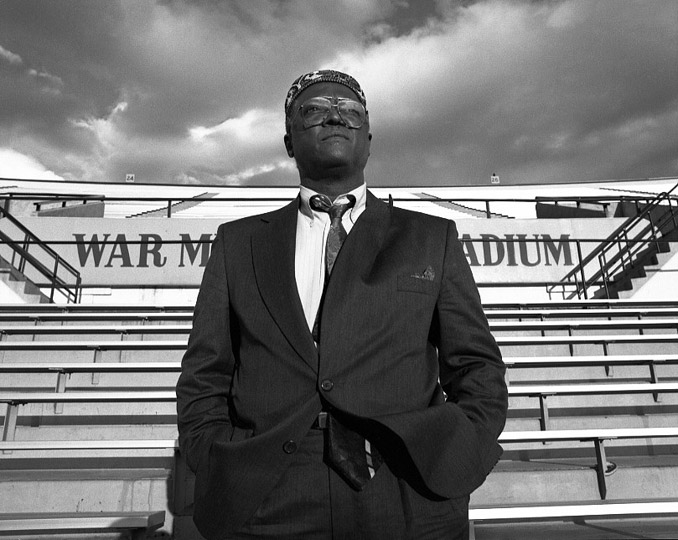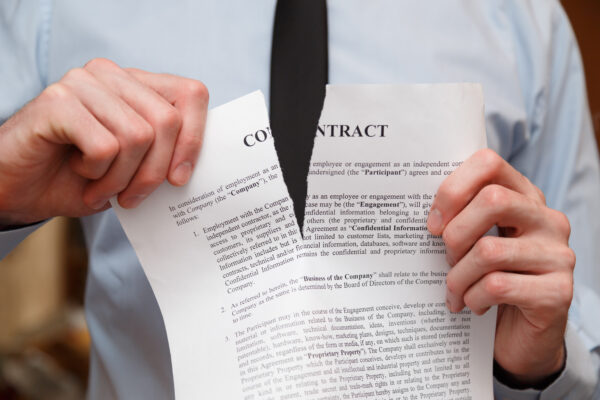By Phil Riske, managing editor
Somehow John Wayne came up in a conversation I had yesterday, which prompted me to tell a friend about my experience with the movie idol. My friend said I should write a book about my memorable moments in journalism. I said no one would be interested in a book by a no-name Wyoming reporter.
His comment, however, did cause me to replay the video on my career in my head, and I decided some of my experiences might be interesting or amusing to some people.
So, here we go.
Most Memorable: The “Black 14 Incident”
At the University of Wyoming in 1969, 14 black football players were kicked off the football team after they appeared before the coach wearing black armbands to protest the Mormon Church’s long since-rescinded policy denying blacks to achieve the priesthood. Wyoming’s next game was against Mormon-owned Brigham Young University.
In short, the incident eventually resulted in a National Guard stakeout on campus after rumors violence would break out. In the end, the black players lost their civil rights claim in the U.S. Supreme Court.
Aiming for balance, I interviewed Dr. Willie Black, chancellor of the Black Student Alliance (photo) on campus and broadcast his comments on radio, which brought threats to the station’s management and pressure to fire me.
I survived but what a way to begin my very first reporting job.
Death of a football player
I’ll never forget the scene: University of Wyoming football players formed a huddle at the shore of a lake near Laramie. In the middle of the group was the body of the team’s quarterback. He had drowned when his boat was swamped by waves. It was a Saturday and the newspaper I worked for had an early deadline. I had to rush back and write the story, trying to think of a lead paragraph during the drive.
“University of Wyoming quarterback Ed Synakowski died Saturday wearing his football letter jacket,” I wrote.
Snowed in
There are no blizzards like those in Wyoming, and at the same radio station where I cut my teeth, we were stranded for four days because of 10-foot high snow drifts. We spent hours relaying hundreds of on-air messages to people who wondered where if their loved ones and friends were safe. Food was brought to us on snowmobiles from a hotel a couple miles from the station. I slept sporadically on my office floor.
Barry Goldwater
Sen. Barry Goldwater came to Laramie during his campaign for president and spoke to local reporters at the same hotel that fed us during the blizzard. I asked Goldwater what he would do about Viet Nam were he elected. His answer included a couple F-bombs, which shocked me at my innocent age.
Murders I wrote
Murder was not common in Laramie, but I covered two of them. One involved a barber who killed his wife, tied a large concrete block to her and dumped her in the same lake where the UW football players drowned. She later came to the surface, and husband Jess Alcala died in prison.
In a yet-to-be solved case, a young woman was killed in her apartment. The killer cut her throat from ear to ear. The sheriff told me he then did unmentionable things to her that certain animals do to their prey.
On the road too long
I had the opportunity to interview the host of the long-running show “On the Road with Charles Kuralt. He claimed he was “nervous” being the interviewee instead of the interviewer. I most remembered from the session how badly his feet smelled. We had to spray the studio after he left.
John Wayne
John Wayne came through Laramie on a train that traveled the country to promote the movie “True Grit,” which also included Glen Campbell. At the train station, the head of the Laramie Chamber of Commerce presented Wayne with a cowboy hat. The movie-idol was so drunk, two people had to hold him up. I distinctly remember him slurring the words, “This is the nicest thing that has ever happened to me.”
Campbell was not on the train because someone knocked out a front tooth in a fight in Los Angeles.
The King
I was standing by the UPI wire machine at a TV station in Illinois, when the bells went off signifying a bulletin. That’s when I learned Elvis Presley was dead.
Jerry’s Kids
That same Illinois TV station hosted the Jerry Lewis telephone for muscular dystrophy. Lewis sidekick Ed McMahon was at the station to promote the event. We had a collection box for donations at the curb to the side of the station where people could drive up and donate.
I was putting the next newscast together when I witnessed the counting of the money left in the box, all of which should have gone to the cause. It was instead divided among several station managers as their “take” for broadcasting the telethon.
That night, President Nixon ordered Attorney General Elliot Richardson to fire Watergate Special Prosecutor Archibald Cox. Richardson refused and resigned. I made that the lead story on the newscast and was fired for not beginning with a story about the MD telethon. The local newspaper ran the story about my firing, and I was reinstated.
Watergate like tactics
Receiving information in notes left for me at various outdoor locations around the Arizona Capitol, I was able to confirm and publish evidence of malfeasance on the part of State Treasurer David Petersen. Under an agreement with Attorney General Terry Goddard, Petersen resigned his office.
Cardinals Stadium
In short, I talked a helicopter pilot into flying me over the proposed site in Tempe where plans were to build the Arizona Cardinals a football stadium. Backers of the site claimed it was not in the flight path of a runway at Sky Harbor International Airport. Grant Wood at the time held a news conference and guaranteed the stadium would be built in Tempe.
Photos I took from the chopper ride clearly showed the stadium sight in direct line of and a only a short distance from an east-west runway. After several stories that I free-lanced for an aviation newspaper, the Federal Aviation Administration put the kibosh on the Tempe site for safety reasons.
(I also was allowed to take photos inside Sky Harbor the afternoon of 9/11. It was empty. It was haunting.
Least Memorable: The biggest embarrassment
In my final gig on radio, I interviewed Rep Mo Udall of Arizona in Casa Grande. While I went to the restroom before the show, my assistant placed headphones on the congressman. As we began the interview, I noticed Udall was hunched over, with his face not that far from the table. This was shortly after the news of his Parkinson’s Disease had been made public, and I thought it had progressed to the point where he could not sit straight.
At the first commercial break, Udall asked if the cord on his headset could be lengthened. It had been caught under a leg of the table and was obviously too short for his comfort. And mine.
Postscript
All in all, I wouldn’t trade my experiences as a no-name reporter from Wyoming for anything . . . except for the morning with Mo Udall.












